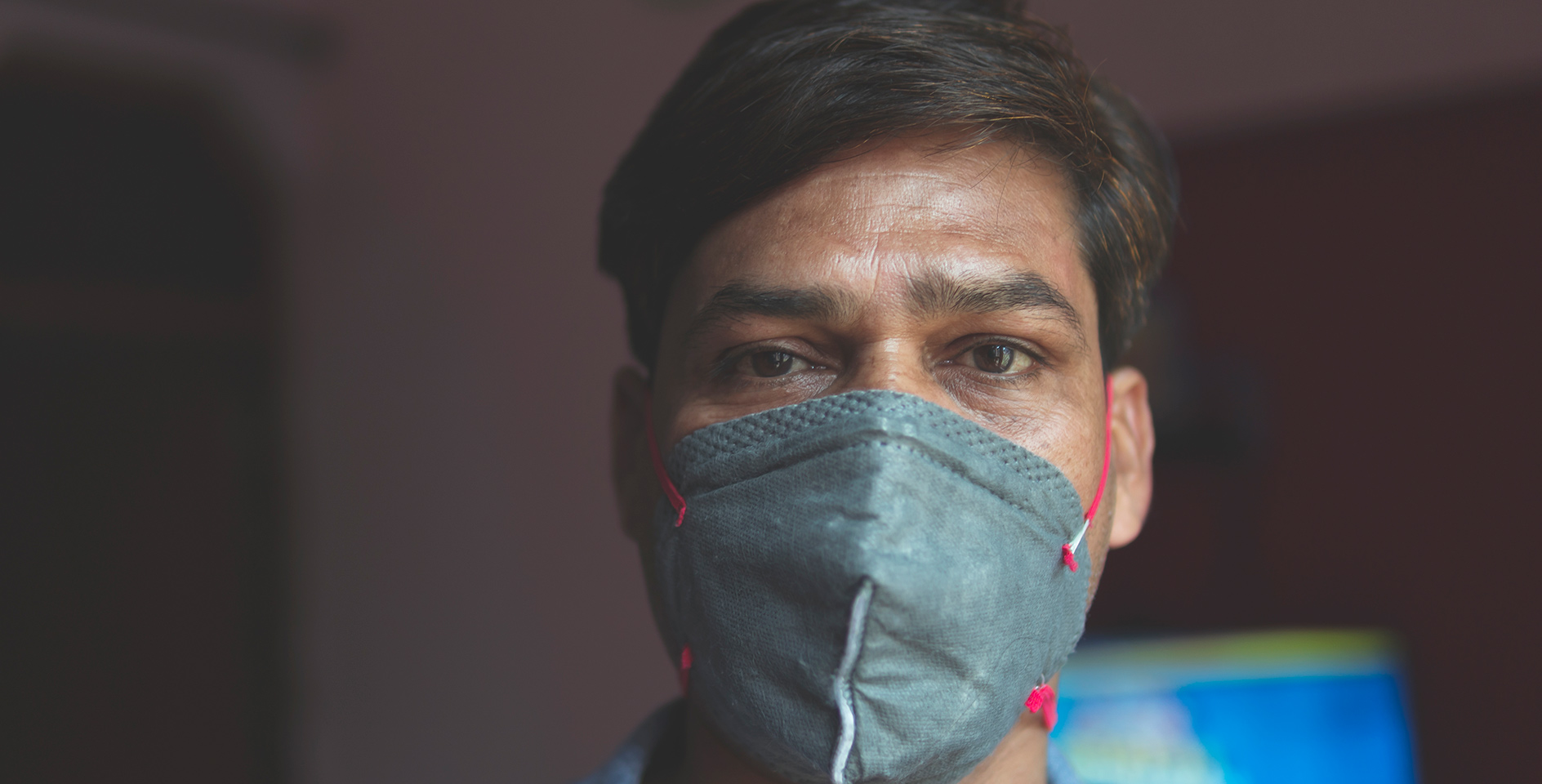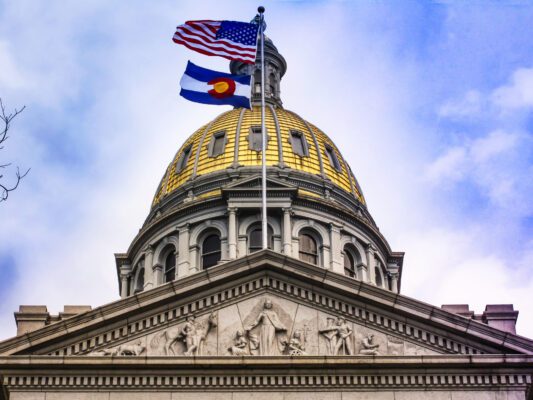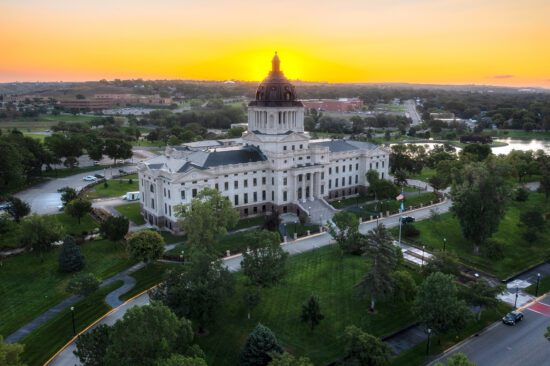The following was written by a dear friend who is a medical practitioner living in Delhi, India.
Unless you have been taking a break from all social media, online news, and television, you probably haven’t missed the devastating headlines from every major news outlet in the world. India, specifically Delhi, has become the latest COVID-19 epicenter. The trouble is, unlike her peers who were the most recent epicenters (U.S., U.K., and Brazil), the urban cities of Northern India are bursting at the seams with people, and now disease. Only a few know the luxury of living in a home big enough to allow social distancing, have access to clean water, soap, and masks, and are able to work from home. Couple that with a national belief that the pandemic was all but over and a medical infrastructure that can only truly flourish in the best of times, and here we are.
Like most Delhiites, for the past three weeks we have nervously checked our phones with each ring or ding, wondering who else has been infected or worse, who else has died. Sometimes the text has been expected — a friend’s uncle or neighbor or grandparent has succumbed, or there is another urgent request for a medical consultation. Sometimes it’s unexpected, and we grieve the loss of a dad in his 30s, a young pregnant woman, or a toddler.
As the numbers began to climb, it was suddenly no longer enough to have money or family members around. In fact, no amount of cash, status, or influence could have gotten you oxygen last week. And for whole families who were infected, the situation quickly became impossible to manage without help. How do you buy groceries or food, stand in line to get an oxygen cylinder filled, or go from hospital to hospital to see who has an open bed when everyone you know has COVID?
Goodwill groups
At nearly the same time I noticed the ship beginning to sink, I encountered a wave of creative, motivated strangers who began to show up with solutions. Overnight, it seemed that miniature “goodwill groups” were forming in every corner of the city.
Three weeks ago, I was asked to join a telemedicine consultation crew that would treat patients over the phone. Thirty of us manned the medical side and over 300 began to organize into a small army that volunteered to do everything from finding medication to babysitting kids whose parents were both extremely ill.
Christians in particular began to organize meal and medication delivery services, buy pulse oximeters and thermometers to hand out to impoverished patients, and acquire e-passes to be able to run errands for those stuck at home. Over and over again, I watched as people offered their cars to be used as ambulances, learned how to don PPE to administer oxygen, and risked their own safety to donate blood (at a less-than-hygienic hospital) to perfect strangers. One brother from my local fellowship stood in line for six hours in 108 degree heat to buy an oxygen concentrator for a patient I was caring for — not because he knew the patient or because he would be rewarded monetarily, but because sitting at home in fear and frustration was not an option for him. And it hasn’t been for literally millions of others.
In the darkest cave, even the fire from a single match can create enough light to show a trapped explorer the way out. And if New Delhi is experiencing soul-crushing darkness right now, she is also ablaze with millions of good deeds.
What can you do?
Perhaps you have been wondering what you can do for India during this most recent outbreak. Honestly, the options are as endless as your creativity, but here are a few things that will likely make the biggest impact.
1. Check in with your Indian friends.
Eighteen million Indians live outside of India, so you likely have Indian friends, or at the very least, know where an Indian family lives or works. Your Indian friends very likely know someone who has died in the past month. Call them. Check on them. Grieve with them. Several years ago I was in India when a loved one in the United States was suddenly killed in a horrific car crash. I couldn’t get back to America, and it nearly crushed my soul. Indians can’t get back home right now to check on their family, to care for their aging parents, or to attend last rites after a family member or friend has died. If you don’t have a relationship with any Indians right now, go eat at an Indian restaurant and ask your server how they are doing (I guarantee you that they can use the extra business right now), send your Indian doctor a card or flowers, or ask the Indian grocer if you can pray for him.
2. Be careful how you give.
Giving right now is fairly tricky. Many NGOs are no longer allowed to receive foreign funds. Though good deeds are found on every corner, so are corrupt practices. It is difficult to know if the money you are sending to an organization will even trickle down to the people who need it most. If you personally know someone living in India, I would start there. If your friends can’t use the money themselves, they certainly know someone who can. As Delhi goes into her fourth week of lockdown, COVID is no longer the scariest threat. Instead, it is not being able to feed children, pay rent, or buy monthly medication.
3. Pray!
I’m not offering a bandaid for cancer or simple platitudes when I ask you to pray. I cannot pretend to know exactly how prayer works, but I have seen the presence of God with my own eyes over these past several weeks. I have watched people turn the corner when they shouldn’t have. I have seen oxygen last for hours longer than could have ever been possible. I’ve seen religious and social differences truly overlooked for the first time in my six years here in India.
An elderly gentleman that I know spent the night on the steps outside of the hospital because he was “too far gone.” The family begged for prayer, and we prayed — with all of our heart and soul and guts, we cried out to the One who gives life and breath. And from a medical perspective, I cannot know how he survived. I cannot know why he is recovering and will be going home to his family soon.
And after you are done praying that this country and her people will survive another night, pray that the seeds planted in the burning ground of Delhi this past month will burst into an uncountable gospel harvest in the weeks, months, and years to come.










